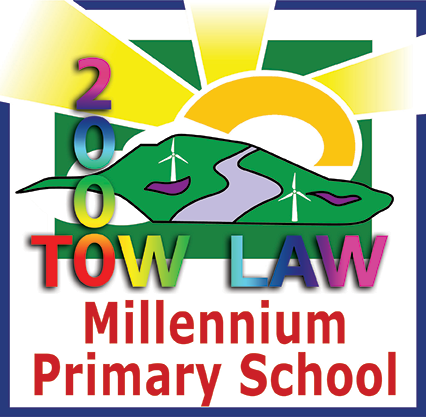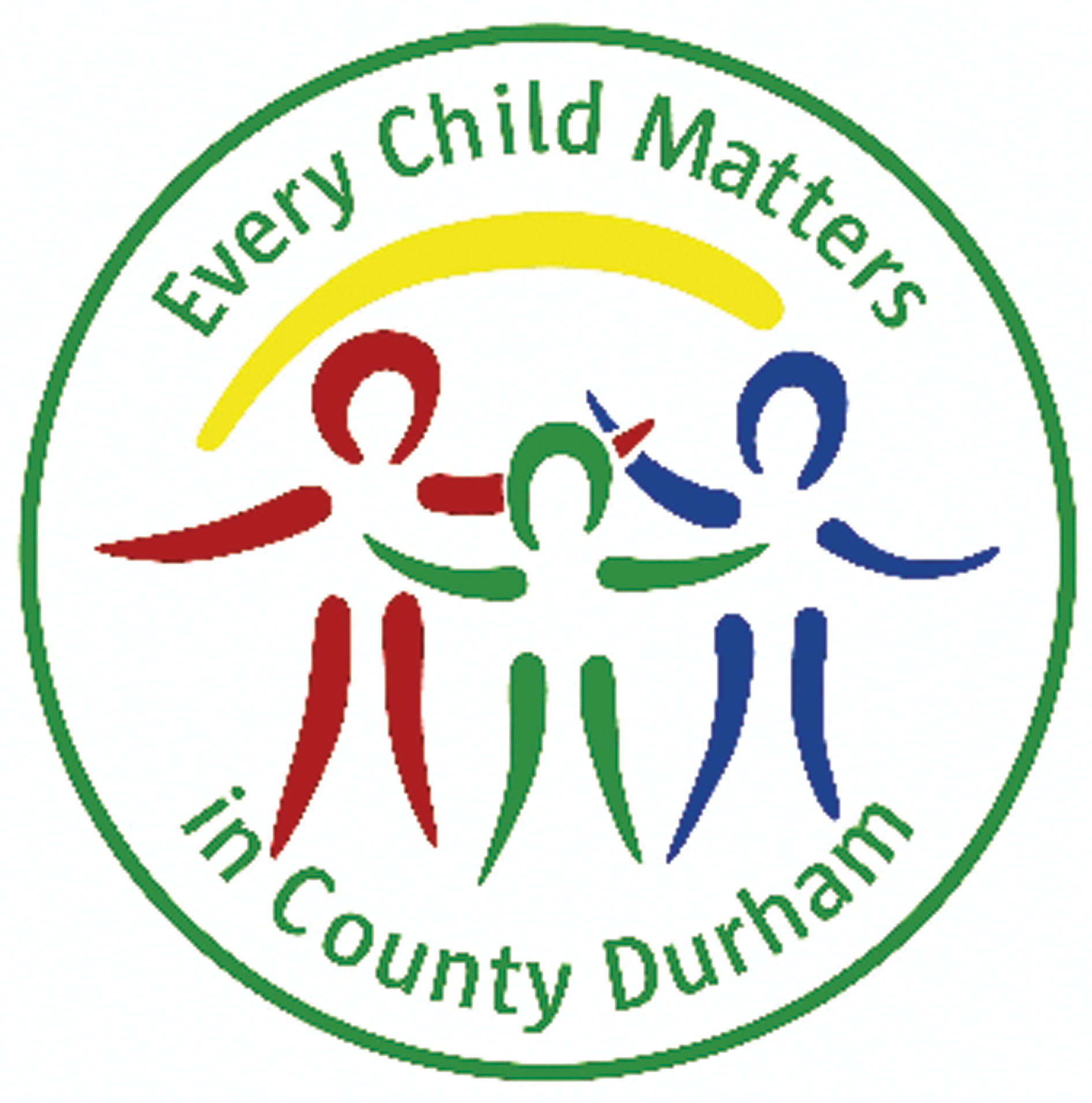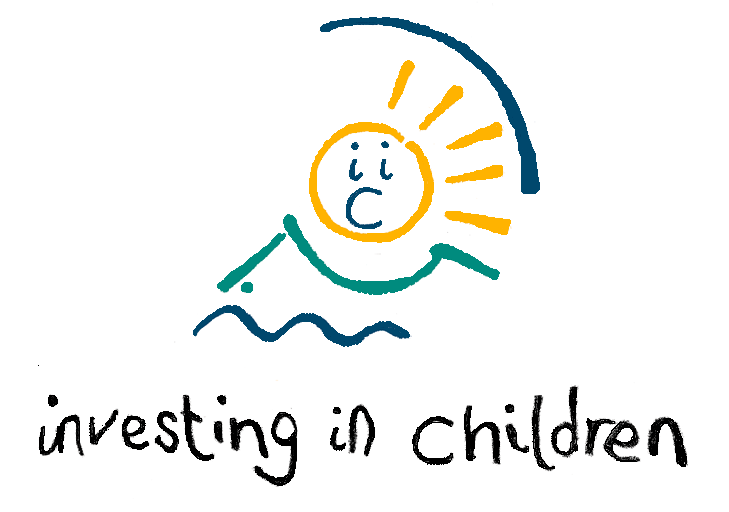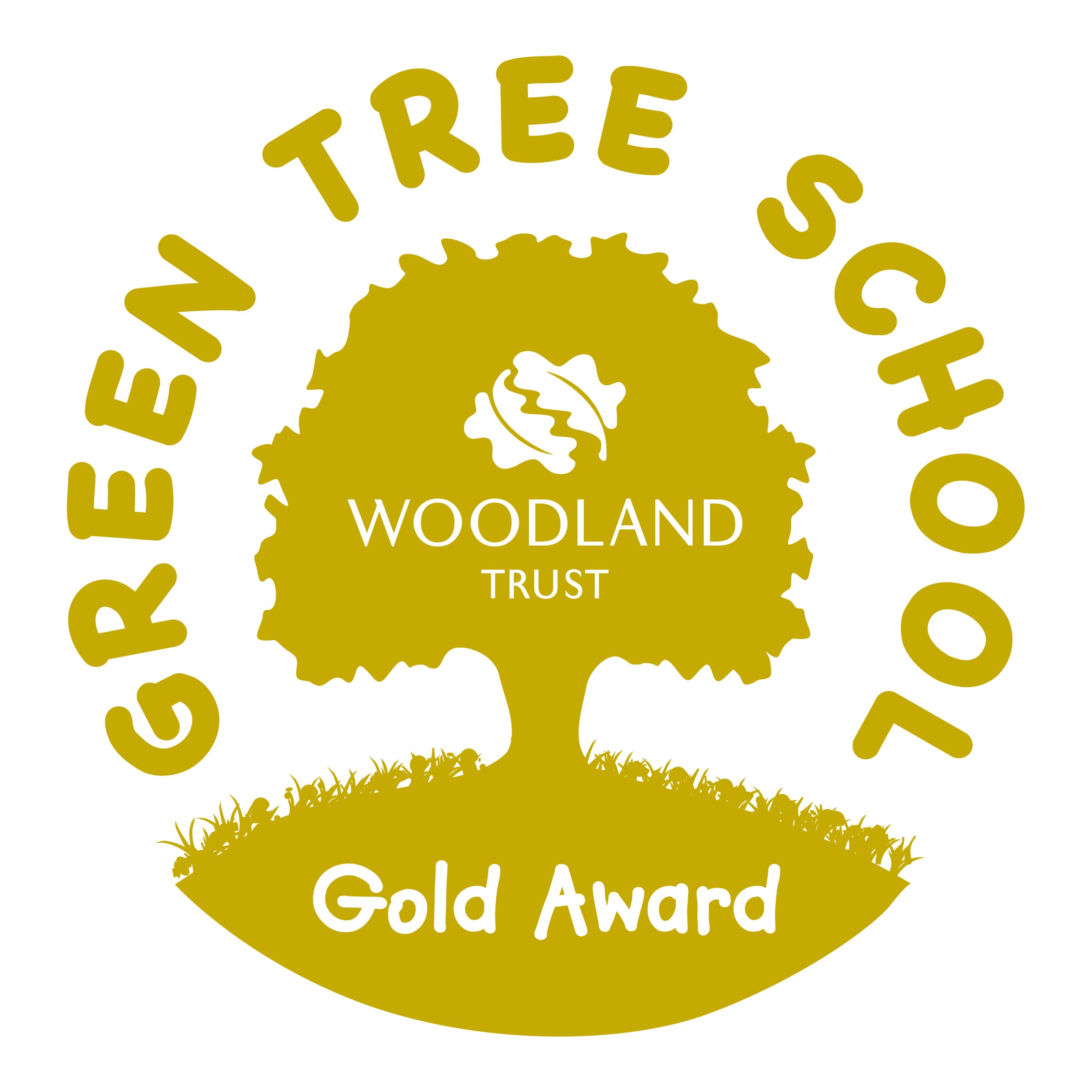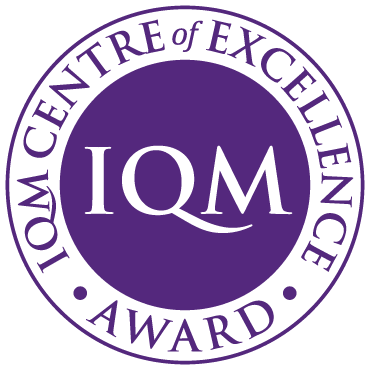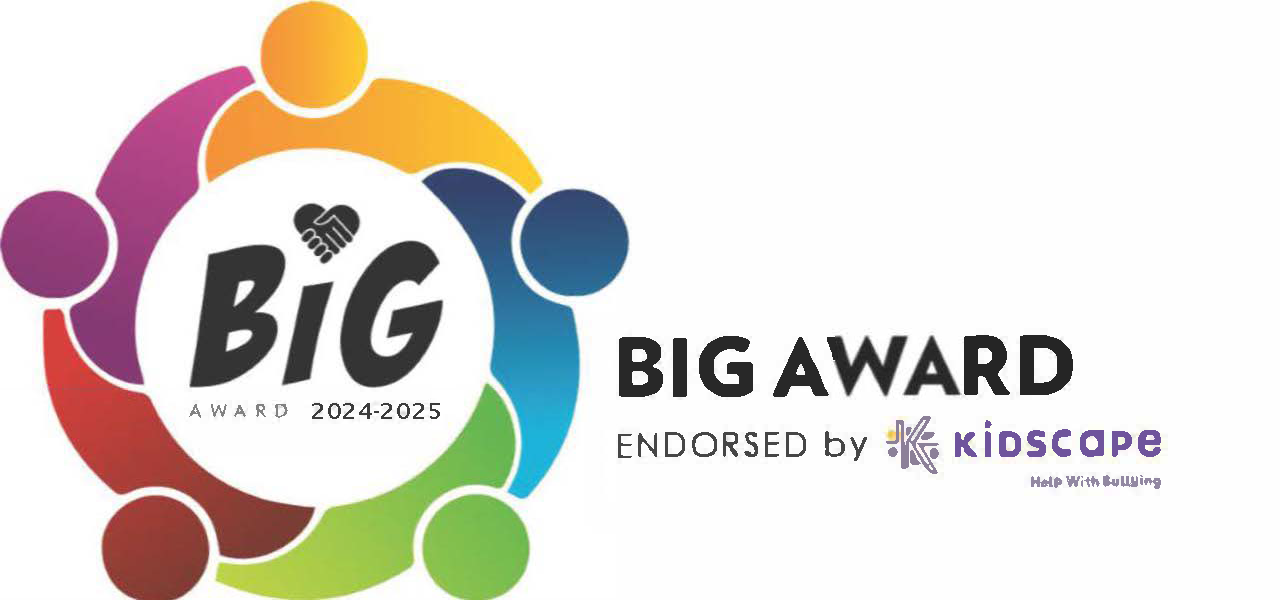Reading
Intent
At Tow Law Millennium Primary School, we intend for children to learn to enjoy reading and understand the role reading plays in wellbeing, particularly reading for pleasure and enjoying a good book/ magazine/journal, basically anything that they want to read! We aim to ensure children are equipped to read with confidence, fluency and understanding and use books with morals and lessons to learn wherever possible, ensuring they have a respect for the environment and the wider world. We also recognise that reading is a core tool for life and we aim to foster a love for reading in all through linking texts to the children’s needs, ensuring children use enquiry skills to learn more and remember more, along with promoting confidence and positive attitudes to reading through access to a wide range of literature.
Implementation
In Early Years, many activities take place which promote pre-reading skills. Children become aware of print in their environment and match pictures and words. Language comprehension is developed by talking and reading to the children. In EYFS and Year 1, teachers hear children read at least once a week. Children also read with lunchtime supervisors to give children this important 1:1 interaction. Children from Year 2 onwards read in school independently in reading sessions along with 1:1 sessions with staff.
Reading in School
Initially, as children learn what print is in the Foundation Stage, they are given a book to share with an adult at home. They also share stories with adults during whole-class learning. A picture book with no words is then sent home, with the intention that they will share the book and take part in a conversation generated by the pictures. Gradually, as the children’s knowledge of letters and sounds develop, they begin to phonetically decode words.
Our reading books are organised into coloured Book Bands, the start of which is a mix between phonetically decodeable texts and books with high frequency and Common Exception Words. Children are assessed regularly and move onto the next Book Band when their fluency and understanding show that they are ready. As children progress through the Book Bands, they have access to a greater variety of texts which may contain unknown words or patterns. When reading at school and at home, it is expected that adults discuss and assist with the reading of these words to build up the child’s working memory within reading along with their Letters and Sounds work. Children move through the Book Bands choosing their own books with adult support where required, until they reach the required standard to move onto our Accelerated Reader scheme. When they move onto this scheme, they chose their books from our well-stocked collection and tend to complete at least one accelerated reader quiz per week.
Developing Reading for Pleasure
We encourage a love of reading linking throughout our school. We hold book-themed days and events, this includes regular parent/child reading sessions, these happen as an individual class as well as across the whole school, and trips throughout the year. Book fairs are held every other year to allow all children the chance to look at new books of all genres and hopefully purchase a new book of their own to take home. All classes take part in weekly Book Talk sessions, these are planned carefully from our list of agreed texts, however this is continually being added to by the English co-ordinator through discussions with school staff, staff within our cluster and also discussions and information from network meetings.
Phonics Implementation
Phonics is taught daily across EYFS and KS1. We teach our phonics as a whole class, then complete interventions to plug any gaps in the learning. The teaching of phonics is of high priority to all teachers as it enables pupils to decode for reading and encode for spelling. We ensure that our teaching of phonics is rigorous, structured and enjoyable. Children have discrete, daily phonics sessions where they are introduced to new phonemes, can practise and revise previous learning and have plenty of opportunities to apply the knowledge they have. It is expected that the majority of children entering Year 2 will start Phase 6 Letters and Sounds which develop a variety of spelling strategies. If children in year 2 are not at this stage, then we look at supporting them within small groups to increase the pace of their learning or use other strategies such as sight word learning, depending on what is appropriate for the child. In addition to this, KS2 children have daily spelling sessions following our KS2 structured spelling program.
Phonics Assessment
We assess children every half term in line with our phonics scheme to check if they are retaining sounds; interventions will then be carried out where needed to ensure the children’s learning is continuous. The national Phonics screening check is performed in June of Year 1. The purpose of the screening check is to confirm that all children have learned phonic decoding to an age-appropriate standard. The children who did not meet the required standard for the check in Year 1 enter again in Year 2 and receive additional support where required.
The English Co-ordinator monitors reading across the school through lesson observations, learning walks, pupil voice and reading with children across the school.
Impact
Through the teaching and learning of reading at Tow Law Millennium Primary School, our pupils develop the skills to effectively decode, comprehend and appreciate a range of texts. We aim to ensure that children are well-prepared to move into secondary school ready to further develop their skills to tackle more challenging texts and to ultimately prepare themselves for the future. We aim that children gain a well-developed capability to understanding a text and the ability to retrieve, interpret and use information gained from reading.
Phonics Programme
Tow Law Millennium School follows ‘Essential Letters and Sounds’ for phonics teaching. This is a DfE validated phonics scheme which has its own mantra to match each sound. There are also videos which are shared with parents/carers to support with learning the sounds at home.
Once the children have started learning phonics, they each receive a reading book. We ask parents to look at, read and discuss the book with their child at least 4 times per week and make comment in their reading record.
In addition to reading books, Reception children have a phonics sound book which has 4 new sounds added each week. We encourage parents/carers to recap these sounds with their child throughout the week to support learning.
As they progress through the phonics scheme and become better readers, they move onto the Accelerated Reader books. The children complete a reading journal at the start of the week and then complete a reading comprehension quiz based on the book. They then complete as many quizzes as they are ready for in that week.
Useful Phonics Websites
The staff in school use several websites that contain lots of activities and games linked to the phonic phases. Here are some useful websites that will help you support your child with phonics:
